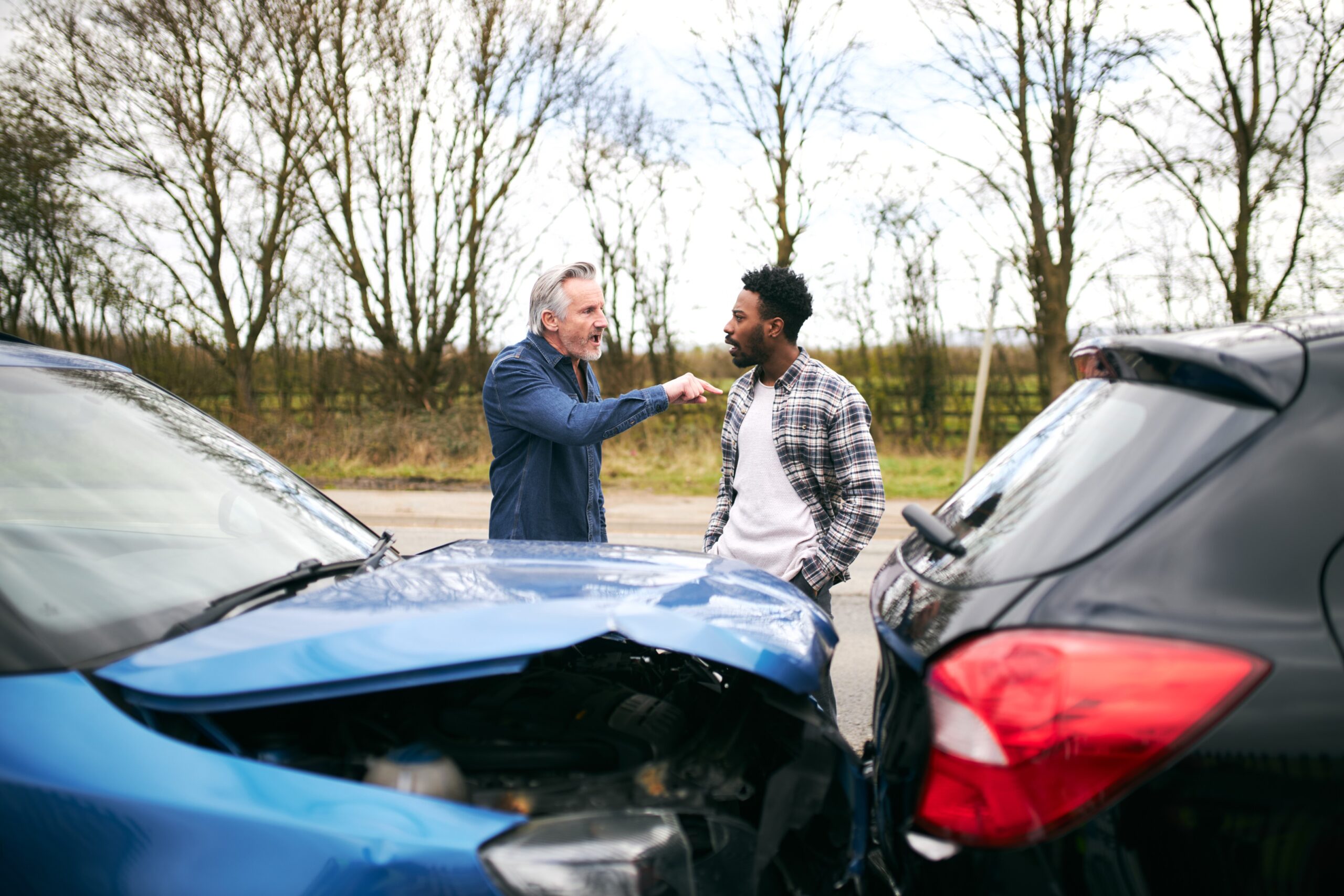Fatal car accidents occur an average of 90 times a day, and 3 million people…
Navigating the Deposition Process: What to Expect After a Car Accident – Guest Post

If you are in a car accident, you may be required to give a deposition. The process can be daunting if you have never given a statement before. You must understand what happens during or after the procedure, including the settlement process. We will guide you through this article on what to expect during a car accident deposition while preparing you mentally and emotionally.
Understanding the Deposition process for Car Accident Victims
A deposition is a legal procedure in which a witness is asked questions under oath by the opposing counsel. During a trial, a witness requires to give a statement. The authorities will use the gathered information for either criminal or civil cases. In the case of a car accident, the deposition will typically take place after the filing of a personal injury lawsuit.
Preparing for a Car Accident Deposition
Preparing for a deposition can be nerve-wracking, but there are steps you should take to make the process easier.
What to expect during a deposition
During a deposition for a car accident, you will be asked questions by the opposing attorney. Your attorney will also be present to object to inappropriate questions and protect your rights. Always be mindful of what you say because the opposing attorney may use the deposition transcript of everything you say during the process against you. Here are other factors that you should expect during a car accident deposition:
- Before taking your statements, someone will swear you in.
- The opposing attorney will question you about the accident and your injuries.
- They trust you to answer everything truthfully.
- Your attorney will object to any questions that are irrelevant or improper.
Tips for Preparing Mentally and Emotionally
Going through a deposition can be stressful, so you must take steps to prepare yourself mentally and emotionally. Follow these tips so you’ll be ready:
1. Review the facts of the case
Take some time to review the details of the car accident and your injuries. Assessing the details will make you feel more confident when answering questions.
2. Practice with a friend or family member
Having your friend or family member practice answering the questions will help you become more comfortable with the process.
3. Get plenty of rest
You must get a good night’s sleep the night before the deposition to increase your focus and feel more alert during the questioning.
4. Take breaks if necessary
Don’t be afraid to ask for a break when you feel overwhelmed during the deposition. You can use this time to regroup and collect your thoughts.
Examples of Common Deposition Questions
- What happened during the car accident?
- Were you injured in the accident?
- Have you seen a doctor for your injuries?
- Have you missed any work due to your injuries?
- Have you filed an insurance claim?
- Have you ever been in a car accident before?
- What was your speed at the time of the accident?
- Were you using your cell phone at the time of the accident?
What to Expect in a Deposition for Car Accident
The opposing party’s attorney will ask you questions about the car accident. Typically, the person conducting the deposition records the proceedings and uses a deposition transcription as a written record of the testimony. You must answer truthfully and to the best of your knowledge while preparing for potentially uncomfortable or challenging questions.
You will feel more confident by understanding what to expect during a deposition and preparing accordingly. Clarifying questions will ensure the accuracy of your testimony and benefit your case.
What Happens After a Deposition
After the deposition, the attorneys for both sides will review the testimony and use it to prepare for trial. While in some events, both parties may agree to a car accident settlement after deposition before the trial begins. However, if they cannot agree, the case will proceed to trial.
The Car Accident Settlement After Deposition
The injured party will receive a demand letter that outlines the victim’s injuries, medical bills, lost wages, and other damages. The insurance company will review the demand letter and may counter with a lower offer. Negotiations will follow the settlement. It is a complicated and challenging process, especially if you are unfamiliar with the legal system.
Pros and Cons of Accepting a Car Accident Settlement After Deposition
Accepting a deposition car accident settlement offer can be tempting, as it offers a quick and assertive resolution to the case. However, you must carefully consider the pros and cons before you decide.
Pros:
Quick Resolution
Accepting the settlement will allow the victim to have closure and move on with their life.
Certainty
The victim doesn’t have to worry about the outcome of a trial, and the settlement amount is guaranteed.
Lower Legal Fees
Settling the case can result in lower legal fees and expenses.
Cons:
Lower Settlement Amount
The insurance company’s initial settlement offer may be lower than what the victim is entitled to receive.
No Trial
Accepting a settlement will waive the victim’s rights to a trial, which could result in a higher award.
Future Medical Expenses
The settlement may not fully compensate the victim for future medical expenses or ongoing treatment.
Final Thoughts on the Car Accident Deposition Process
The deposition process can be a daunting and stressful experience for car accident victims. This process will help the victims to achieve fair compensation for their injuries, medical bills, and other damages. Careful analysis of your deposition transcripts will help you to consider whether to settle outside or inside the court. With the help of an experienced attorney and proper preparation, it can be a valuable tool in building solid evidence.

